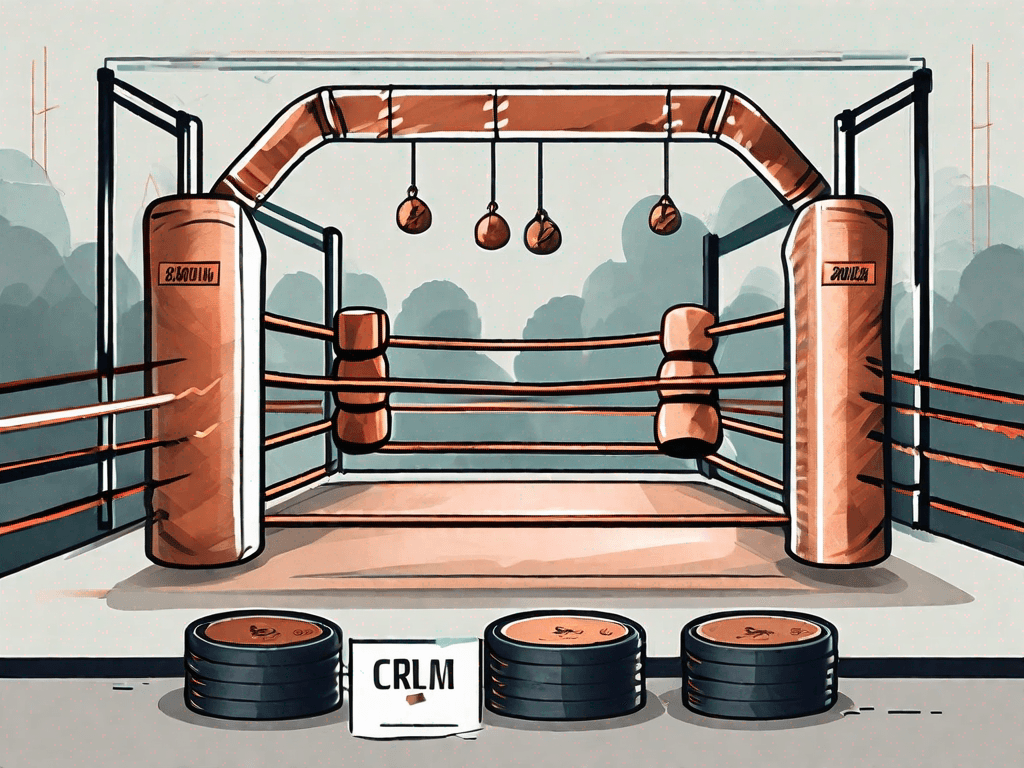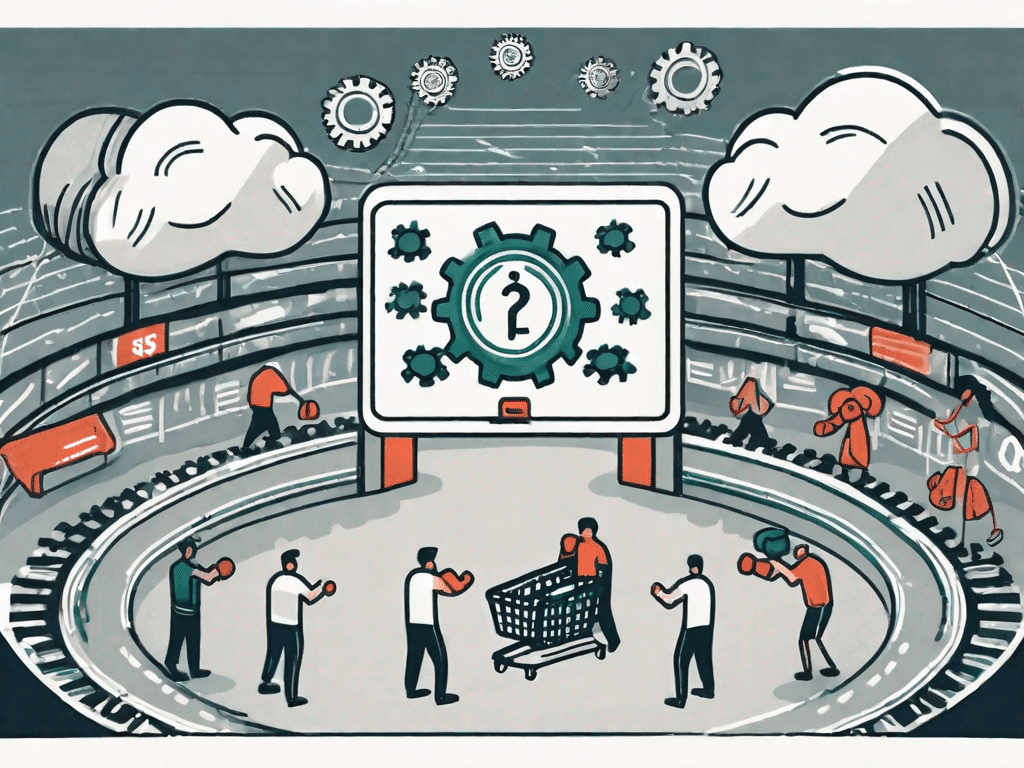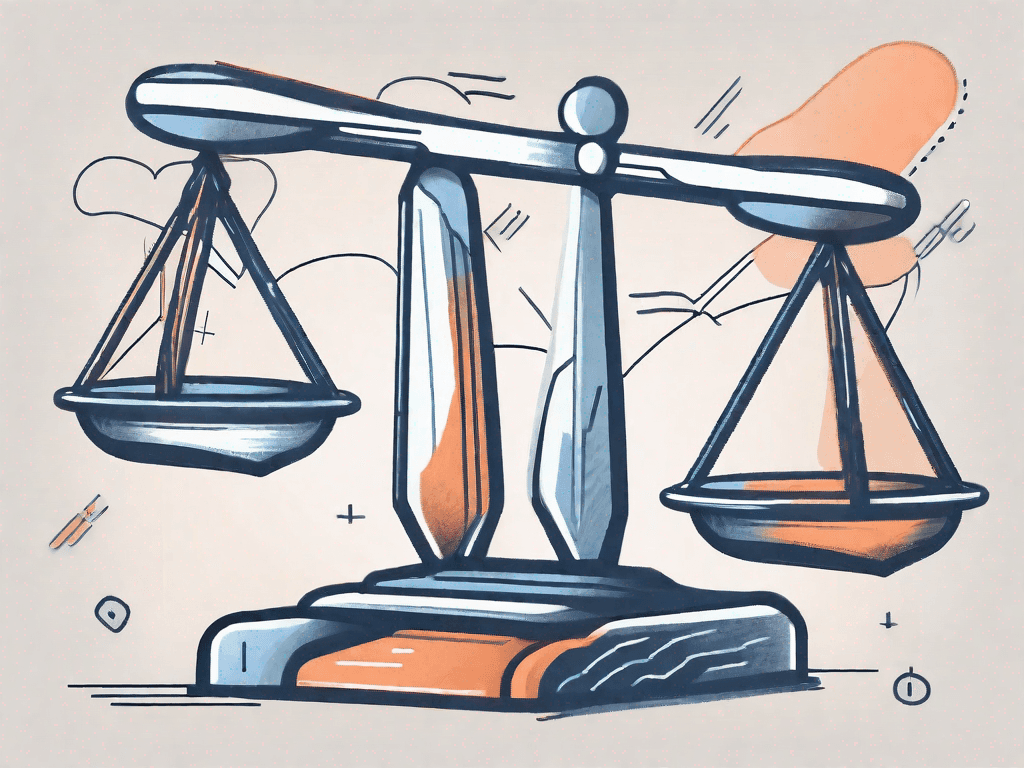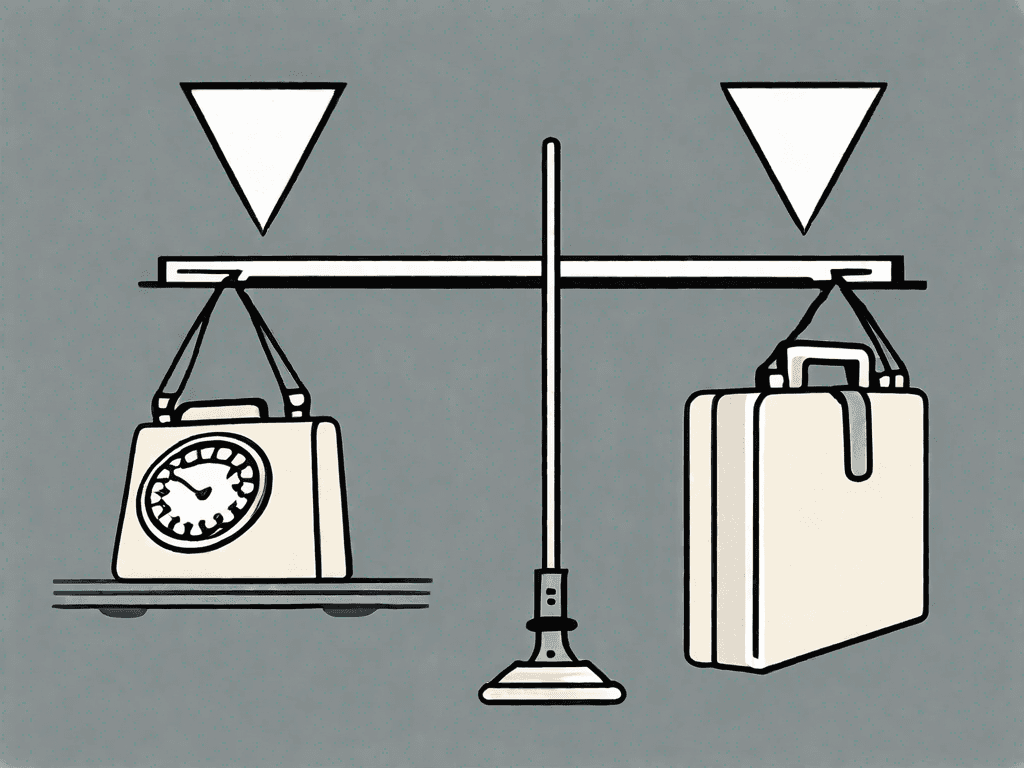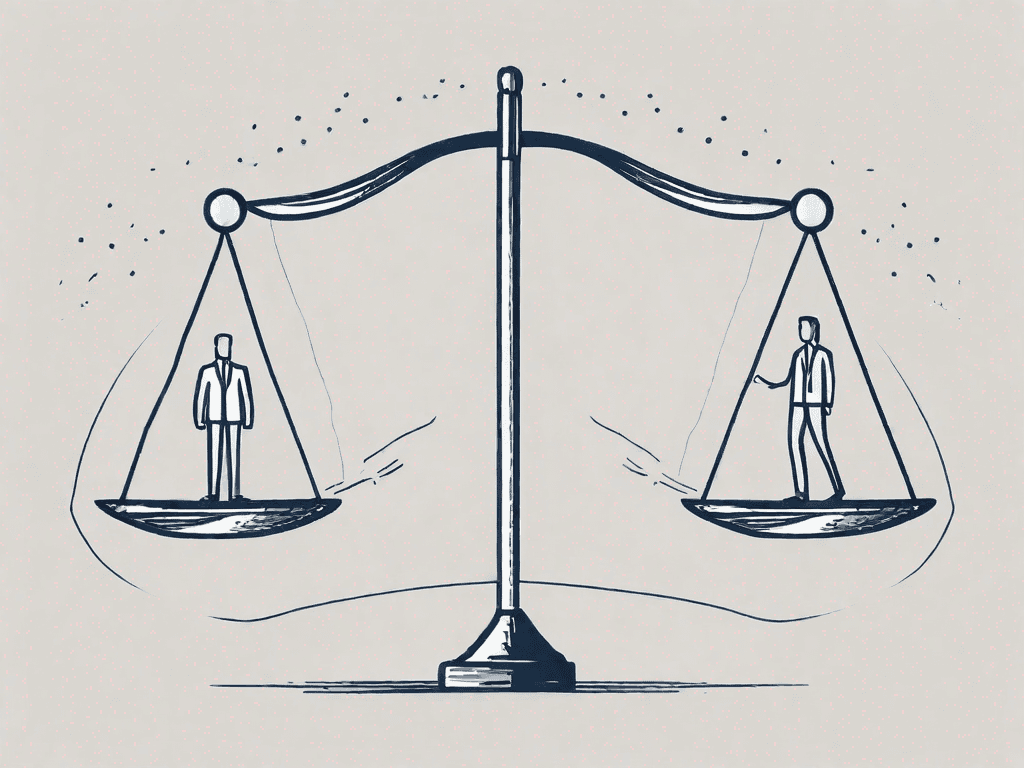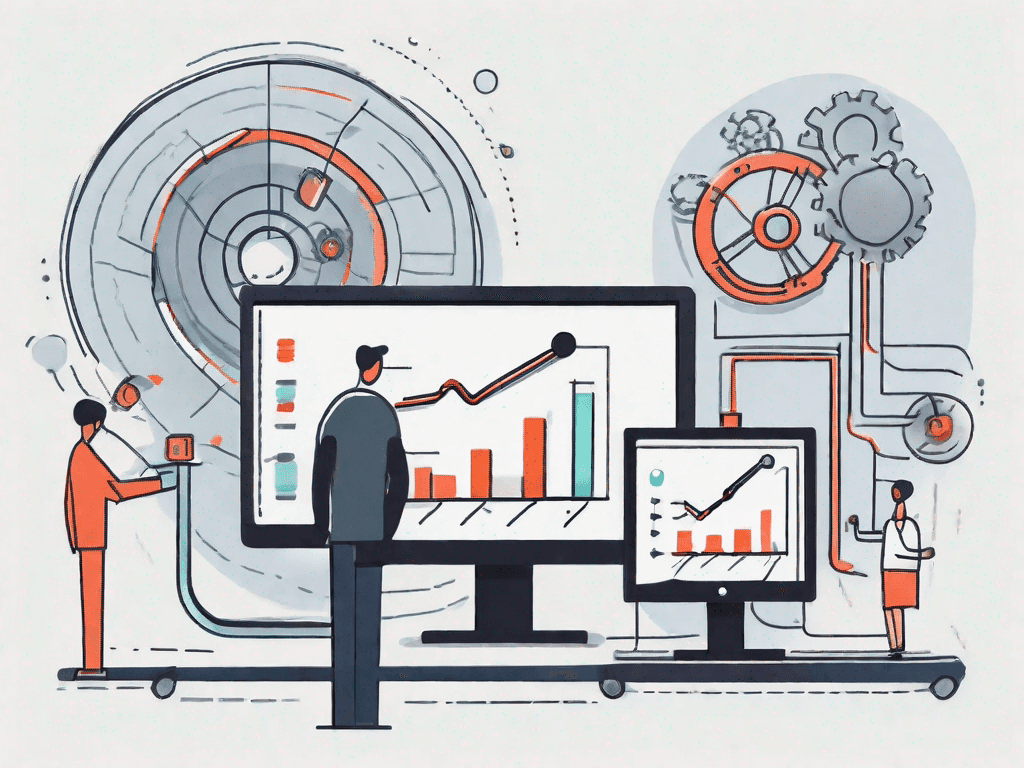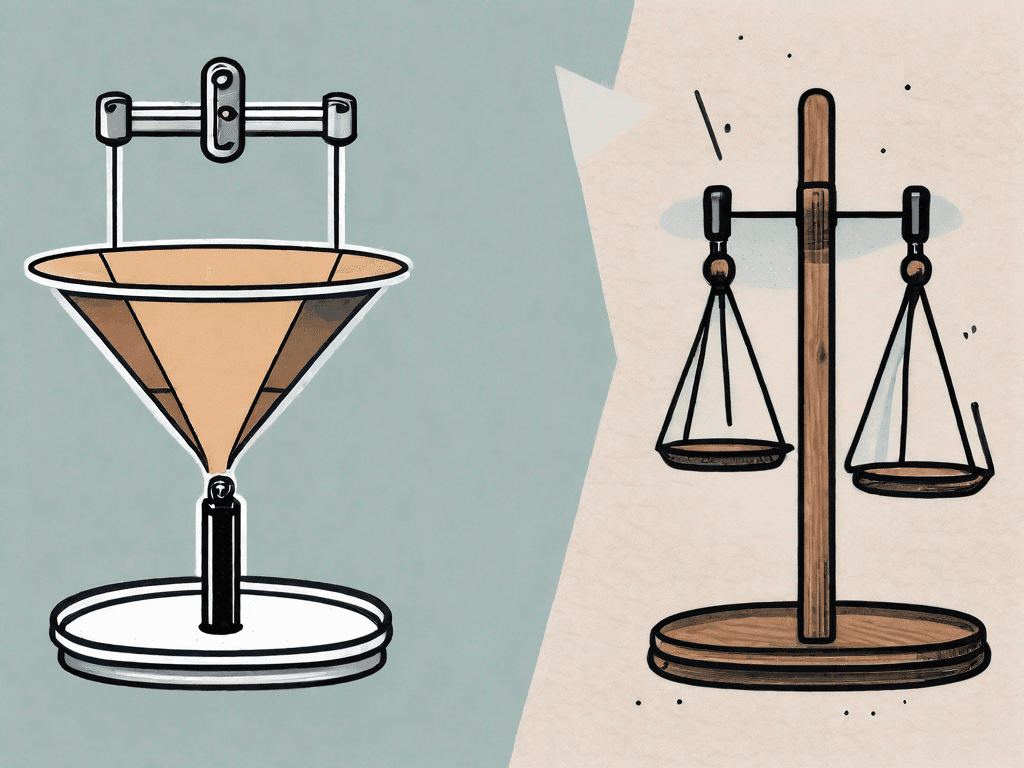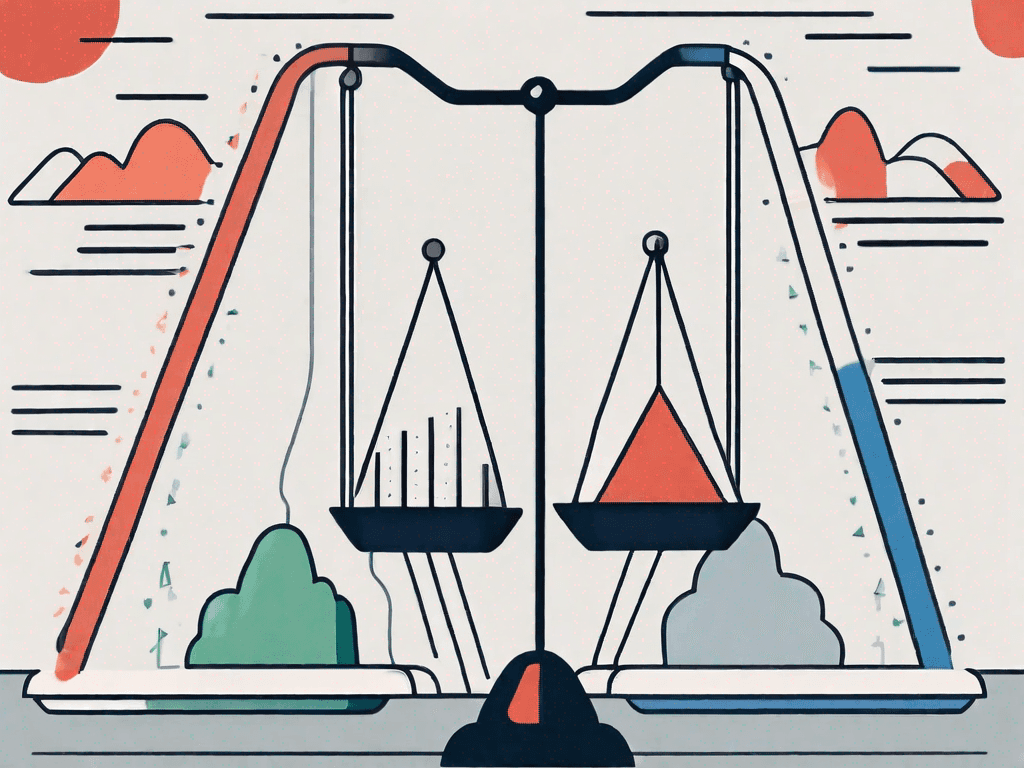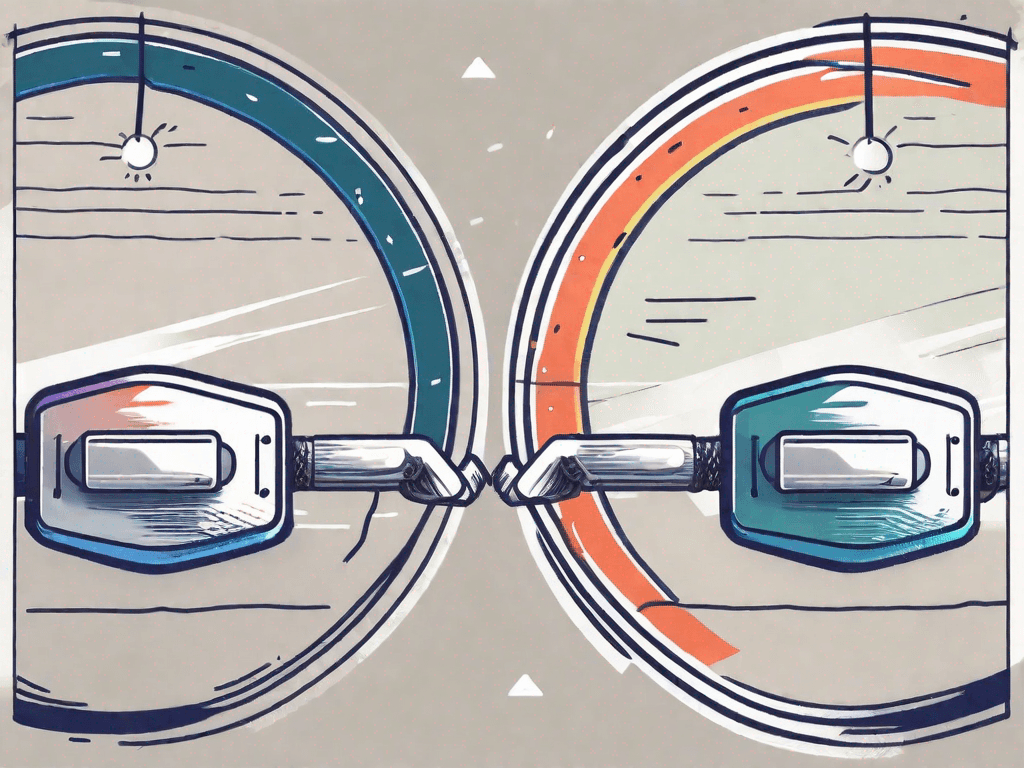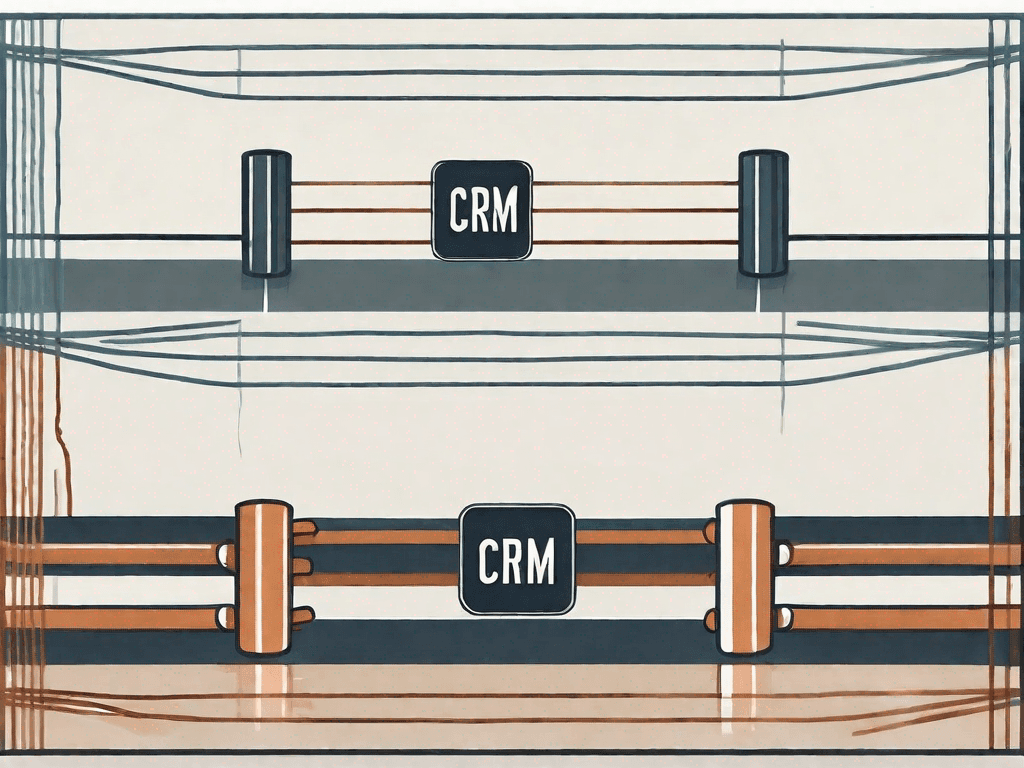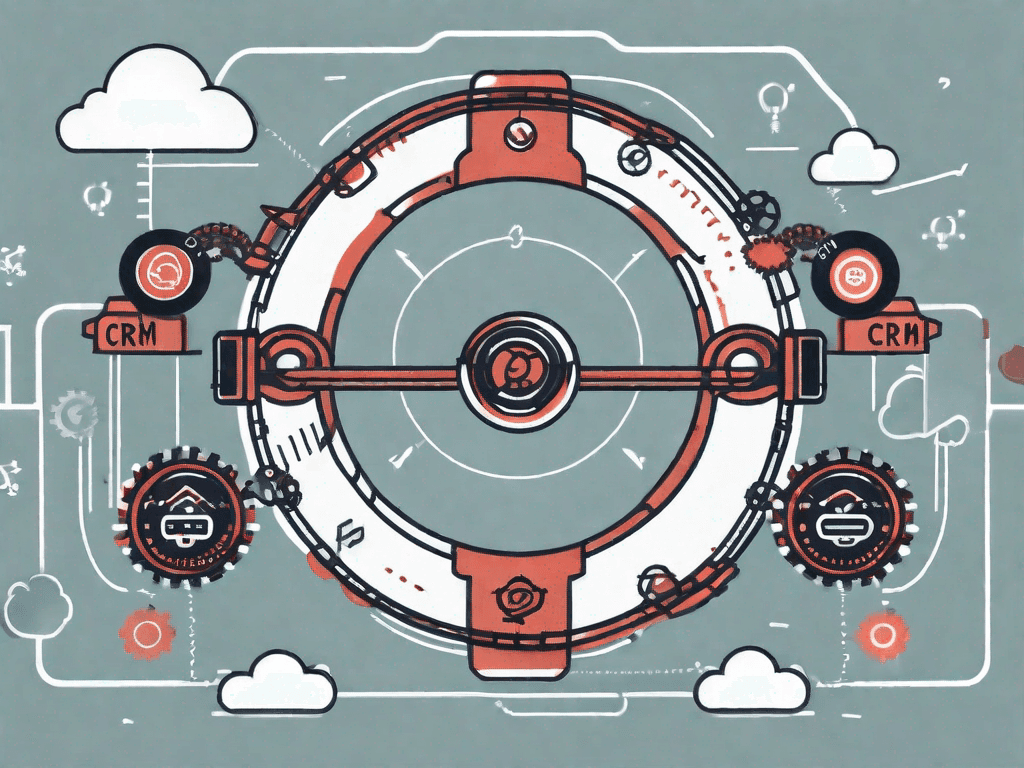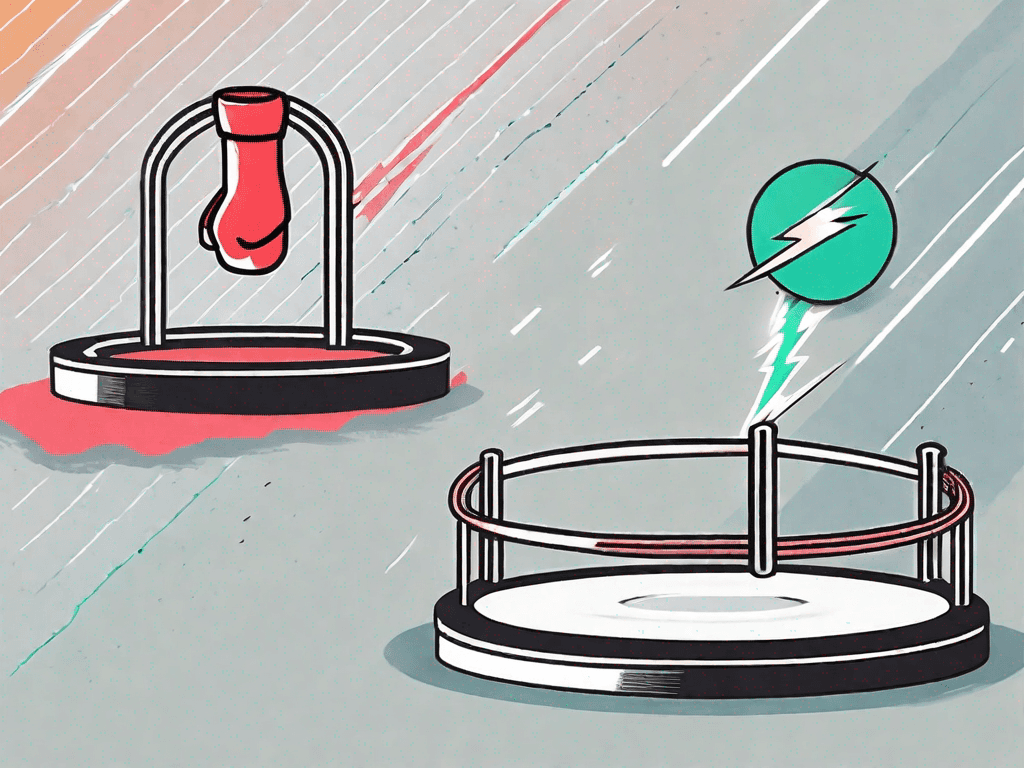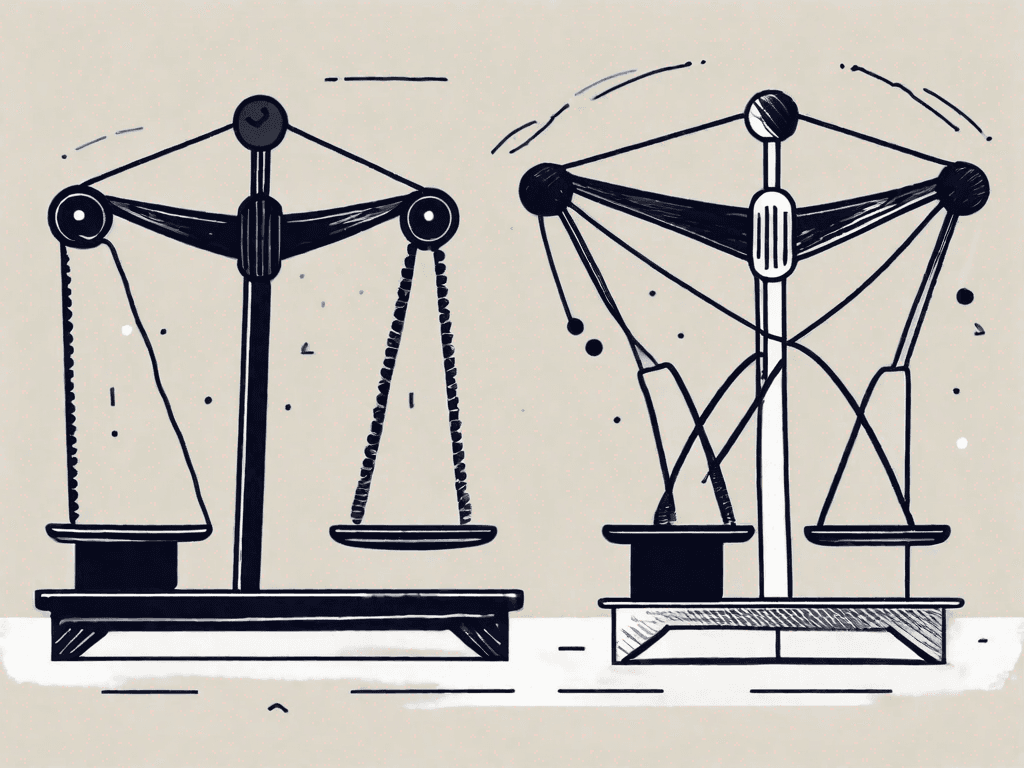
Salesforce vs Close CRM: Which CRM is the Best?
CRM (Customer Relationship Management) software plays a crucial role in helping businesses manage their customer relationships effectively. Two popular options in the market are Salesforce and Close CRM. In this article, we will compare these two CRMs, examining their pros and cons, pricing, integrations, and identifying the best fit for different types of professionals
Pros and Cons of Salesforce and Close CRM
Let's start by exploring the advantages and disadvantages of both Salesforce and Close CRM.
1. Pros of Salesforce
One significant advantage of Salesforce is its comprehensive feature set. It offers a wide range of tools for sales, marketing, customer service, and analytics. With Salesforce, businesses can easily track and manage their sales pipeline, automate processes, and gain valuable insights into their customer data. The platform has a highly customizable interface, allowing businesses to tailor it to their specific needs. Whether it's creating custom fields, workflows, or reports, Salesforce provides the flexibility to adapt to different business requirements.
Additionally, Salesforce has a vast support network and an extensive community. Users can access a wealth of resources, including documentation, tutorials, and forums, to help them maximize the potential of the platform. The Salesforce Trailblazer Community is a vibrant hub where users can connect with experts, share best practices, and learn from each other's experiences. This strong support system makes it easy to find help and guidance whenever needed.
2. Cons of Salesforce
On the other hand, Salesforce can be quite complex to set up and navigate, especially for small businesses with limited technical expertise. The platform offers a plethora of features, which can be overwhelming for users who are new to CRM systems. It may require some training and onboarding to fully utilize all the capabilities of Salesforce.
The pricing can also be a major drawback for some businesses. Salesforce tends to be more expensive compared to its competitors, especially for enterprise-level solutions. It requires a significant investment and ongoing costs, including licensing fees, implementation costs, and maintenance expenses. While Salesforce offers great value for large organizations with complex needs, the pricing may not be suitable for all businesses, particularly smaller ones with limited budgets.
3. Pros of Close CRM
Close CRM, on the other hand, offers a simpler and more streamlined user experience. It is known for its user-friendly interface, making it easy for sales teams to onboard and use effectively. The intuitive design and straightforward navigation enable users to quickly adapt to the system and start leveraging its features.
Close CRM also provides excellent sales automation features, such as email templates and automated follow-ups. These tools help salespeople save time and increase productivity by automating repetitive tasks. With Close CRM, sales teams can focus more on building relationships with prospects and closing deals, rather than getting caught up in administrative work.
Furthermore, Close CRM is more affordable compared to Salesforce. It offers pricing plans that cater to the needs of small to medium-sized businesses. This affordability makes it a viable option for organizations that want a robust CRM solution without breaking the bank.
4. Cons of Close CRM
While Close CRM offers many benefits, it may lack some of the advanced features and capabilities provided by Salesforce. As a more lightweight solution, Close CRM may not have the same level of complexity and scalability required by larger businesses with more complex CRM requirements. It may not offer the same level of customization and integration options as Salesforce.
Additionally, as Close CRM is a relatively newer player in the market, it may not have the same extensive integrations and third-party app ecosystem as Salesforce. While Close CRM does offer integrations with popular tools like Gmail and Outlook, it may not have the same level of compatibility with a wide range of business applications.
5. Key Differences between Salesforce and Close CRM
When comparing Salesforce and Close CRM, there are a few key differences to consider. Salesforce is a more established player in the CRM market, with a longer track record and larger customer base. It has been a market leader for many years and has built a strong reputation for its robust features and scalability. Salesforce is often the go-to choice for enterprise-level businesses that require a comprehensive CRM solution.
Close CRM, on the other hand, focuses on simplicity and affordability. It targets smaller businesses and sales teams that prioritize ease of use and cost-effectiveness. Close CRM provides a more lightweight solution with a strong emphasis on sales automation. It aims to streamline the sales process and help teams close deals more efficiently.
Ultimately, the choice between Salesforce and Close CRM depends on the specific needs and priorities of the business. Larger organizations with complex requirements may find Salesforce to be the better fit, while smaller businesses looking for a user-friendly and cost-effective solution may opt for Close CRM.
How does Salesforce pricing compare to Close CRM?
1. Salesforce Pricing
When it comes to pricing, Salesforce offers a range of plans to cater to different business needs. The plans vary in features and functionality, with higher-tier plans providing more advanced capabilities. Salesforce pricing starts at $25 per user per month for the Essentials plan and goes up to $300 per user per month for the Unlimited plan. However, it's essential to note that additional costs may apply for add-ons and customizations.
2. Close CRM Pricing
Close CRM offers three pricing plans: Basic, Professional, and Business. The Basic plan starts at $25 per user per month, offering essential sales and communication features. The Professional plan, priced at $65 per user per month, includes advanced reporting and customization options. The Business plan, priced at $145 per user per month, provides additional features such as Power Dialer and SMS automation.
3. Pricing Comparison
While Salesforce offers a more extensive range of plans, Close CRM provides a more affordable option for businesses with limited budgets. Close CRM's pricing plans offer competitive features at a lower cost. However, it's crucial to evaluate the specific needs and scalability requirements of your business when considering the pricing.
How do Salesforce integrations compare to Close CRM?
1. Salesforce integrations
One of the strengths of Salesforce is its extensive ecosystem of integrations. With thousands of apps available on the Salesforce AppExchange, businesses can seamlessly connect Salesforce with other essential tools and systems. This allows for greater automation and data synchronization, enhancing productivity and efficiency across different departments.
2. Close CRM Integrations
Close CRM also provides integrations with various popular tools, although its app ecosystem is not as extensive as Salesforce. However, Close CRM offers essential integrations with commonly used software such as Gmail, Outlook, and Zapier. These integrations enable sales teams to streamline their workflows and enhance their productivity.
Which one is the Best for You?
1. The Best for Salespeople
If you're primarily focused on sales and looking for a CRM with robust sales automation features, Close CRM may be the best choice for you. Its user-friendly interface and dedicated sales functionality make it ideal for sales teams who want to streamline their processes and improve their closing rates.
2. The Best for Consultants
As a consultant, you may value flexibility and customization options. In this case, Salesforce's extensive feature set and customizable interface may be better suited to your needs. Salesforce's ability to scale with your business and its wide range of integrations can provide the necessary tools for managing client relationships and projects efficiently.
3. The Best for Digital Marketing Agencies
For digital marketing agencies, Salesforce's advanced marketing automation capabilities can be a game-changer. Its ability to track and analyze customer interactions across multiple channels allows agencies to deliver targeted and personalized marketing campaigns. Additionally, Salesforce's robust reporting and analytics tools enable agencies to measure their marketing ROI effectively.
In conclusion, the choice between Salesforce and Close CRM depends on your specific business requirements and priorities. Salesforce offers a comprehensive and scalable CRM solution, albeit with higher costs, while Close CRM provides simplicity and affordability. Consider your business size, budget, and the primary focus of your CRM usage to determine which CRM is the best fit for you.











![The 8 Best Social CRM Software in 2025 [Comparison]](https://framerusercontent.com/images/RYHyYapdgIi83BEWtMdX418.png)
![The 6 Best LinkedIn CRM in 2025 [Comparison]](https://framerusercontent.com/images/Luywfni7ZKjb19yghbhNPy4I4qQ.png)




![The 5 Best Twitter CRM [Comparison]](https://framerusercontent.com/images/EWcbvYnVZglJLO8jp3OlHkTvsHo.png)
































































































































































